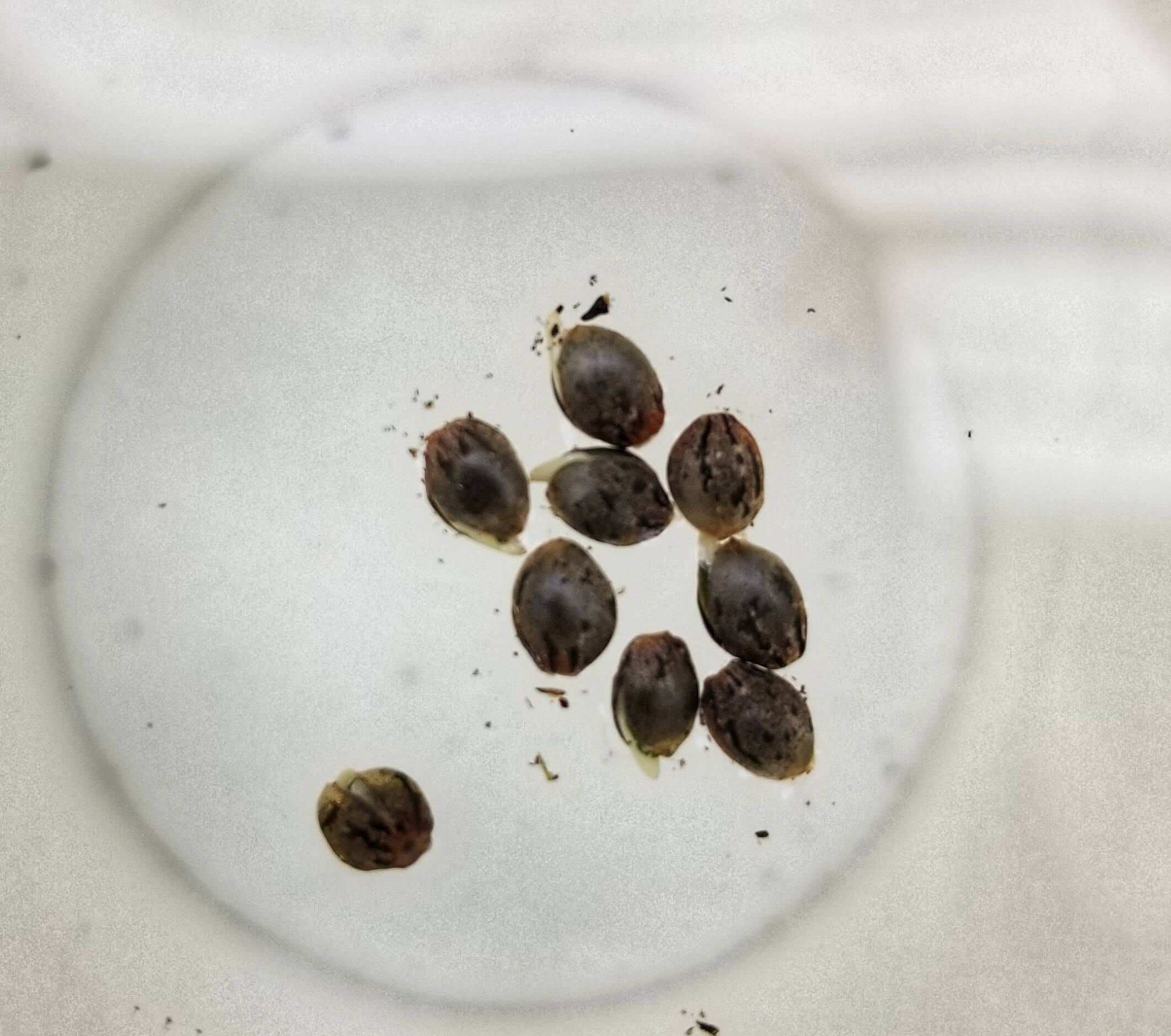In new many years, the conversation all around sustainable farming practices has obtained momentum, with an growing focus on environmentally friendly possibilities. A single intriguing player in this movement is the hashish plant, specially its seeds. Cannabis seeds have emerged as a opportunity sport-changer in sustainable agriculture, offering a myriad of positive aspects that extend outside of the realm of recreational and medicinal use.
The Eco-Pleasant Mother nature of Hashish Seeds:
Cannabis plants are regarded for their resilience and adaptability, generating them an perfect prospect for sustainable farming. The cultivation of hashish seeds involves much less pesticides and herbicides as opposed to many other crops, contributing to a reduction in environmental air pollution. Furthermore, cannabis crops have deep root devices that aid stop soil erosion, promoting soil health and fertility.
Water Effectiveness:
Water shortage is a significant problem in agriculture, but hashish has confirmed to be a rather h2o-productive crop. Hashish plants have a exceptional potential to thrive in diverse climates, from arid regions to much more temperate zones, making it possible for for cultivation in locations where by drinking water sources could be limited. This adaptability makes cannabis seeds a promising solution for farmers searching to preserve h2o and minimize their environmental impression.
Biodiversity and Crop Rotation:
Sustainable farming practices typically emphasize the significance of biodiversity and crop rotation to sustain soil wellness. Hashish matches very well into these rules, as its cultivation can lead to crop rotation cycles, avoiding the depletion of nutrition in the soil. On top of that, cannabis crops support biodiversity by giving a habitat for numerous bugs, birds, and microorganisms that play critical roles in ecological harmony.
Carbon Sequestration:
One particular usually-ignored element of cannabis cultivation is its likely to act as a carbon sink. Hashish crops absorb carbon dioxide for the duration of photosynthesis, encouraging mitigate the consequences of local climate transform. When developed on a substantial scale, hashish has the capacity to sequester considerable quantities of carbon, producing it a important ally in the battle from worldwide warming.
Hemp: A Functional and Sustainable Crop:
In the cannabis spouse and children, hemp stands out as a specifically functional and sustainable crop. Hemp fibers can be utilised to generate a wide variety of eco-welcoming solutions, such as textiles, paper, and biodegradable plastics. Hemp seeds, rich in protein and crucial fatty acids, are a nutritious addition to human and animal weight loss plans, giving a sustainable different to conventional crops.
Financial Gains for Farmers:
In addition to its environmental rewards, cultivating cannabis seeds can provide financial benefits for farmers. The expanding need for hemp-derived merchandise, these as CBD oil and hemp-dependent textiles, opens up new earnings streams. As additional nations around the world legalize and control cannabis cultivation, farmers have the possibility to diversify their crops and tap into a burgeoning marketplace.
Worries and Issues:
Though the probable gains of cannabis seeds in sustainable farming are promising, there are troubles and criteria that cannot be disregarded. Regulatory frameworks, various legal statuses, and the stigma linked with hashish cultivation can pose hurdles for farmers. Having said that, as attitudes toward hashish proceed to evolve globally, it is essential to handle these difficulties to unlock the full potential of hashish in sustainable agriculture.
Summary:
Cannabis seeds have the likely to revolutionize sustainable farming tactics by offering a crop that is resilient, water-economical, and environmentally welcoming. As the entire world grapples with the urgent need for sustainable solutions in agriculture, exploring the alternatives of cannabis cultivation turns into significantly important. By embracing the ecological benefits of cannabis seeds, farmers can add to a greener upcoming even though reaping economic rewards. you could try here to understand cannabis not just for its leisure and medicinal price but also for its part in cultivating a much more sustainable and resilient agricultural landscape.

 English
English